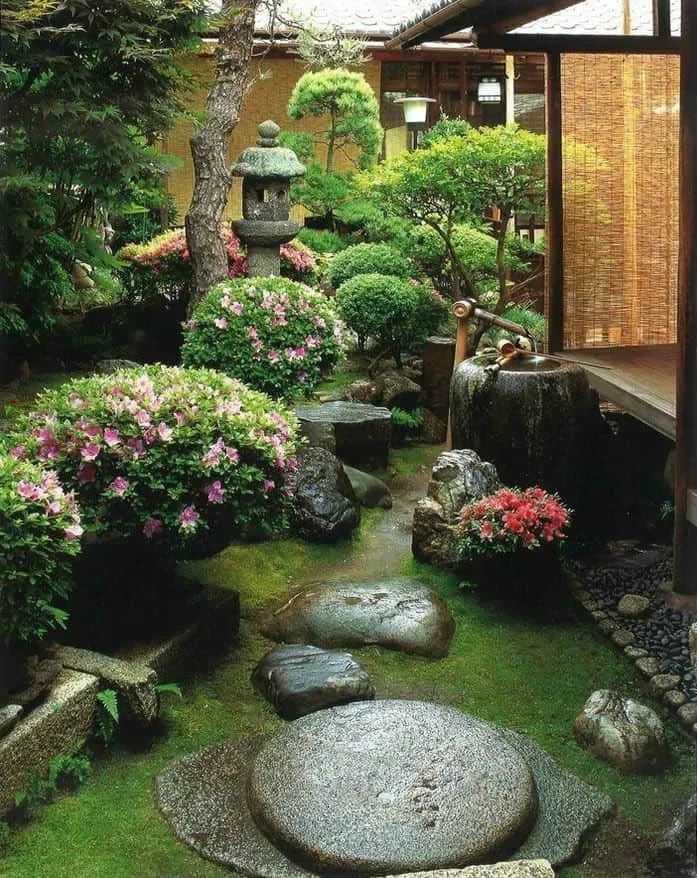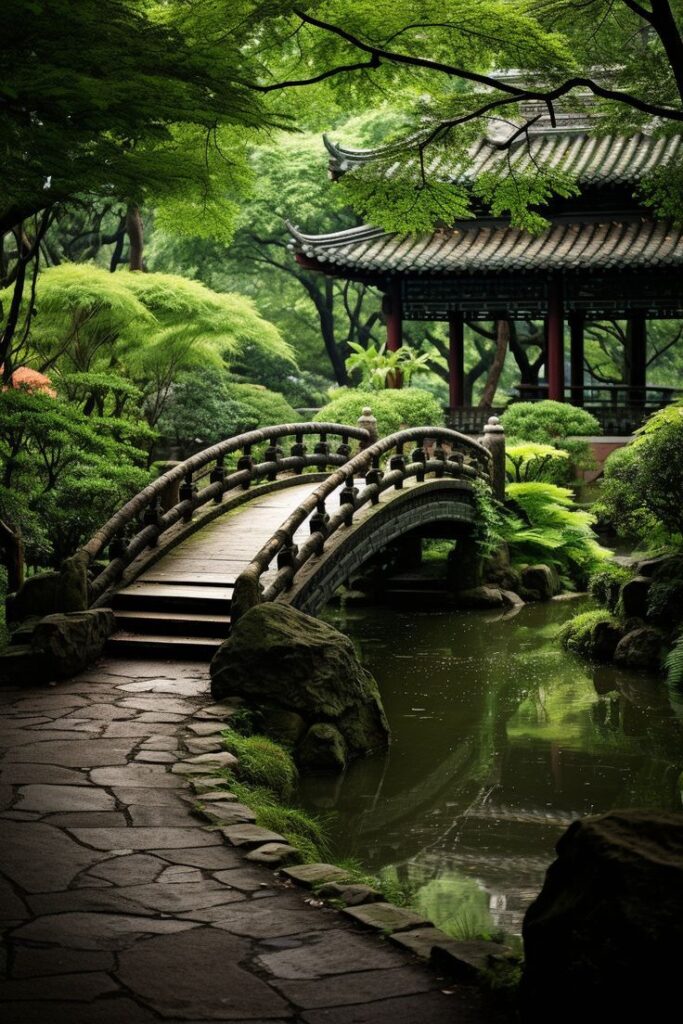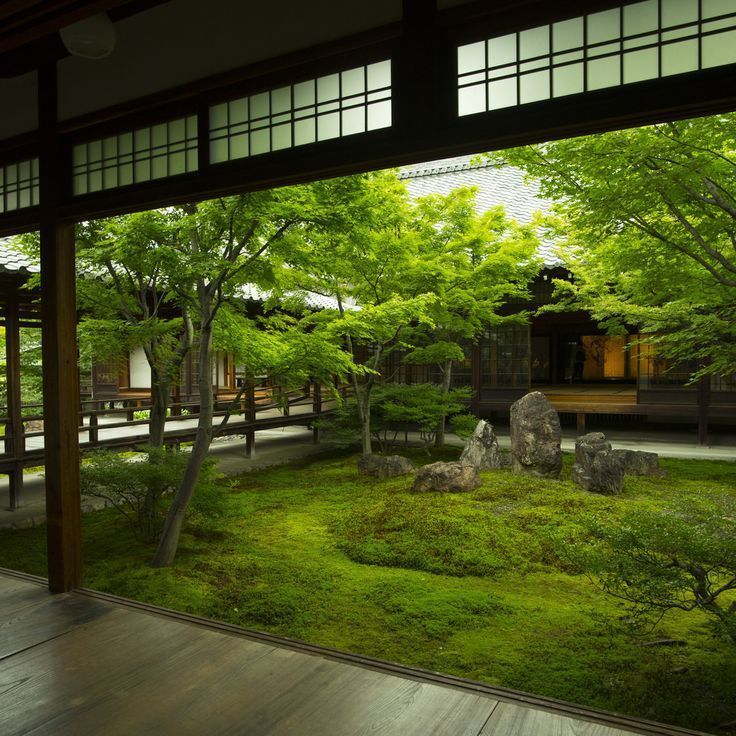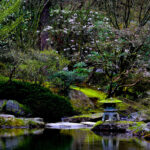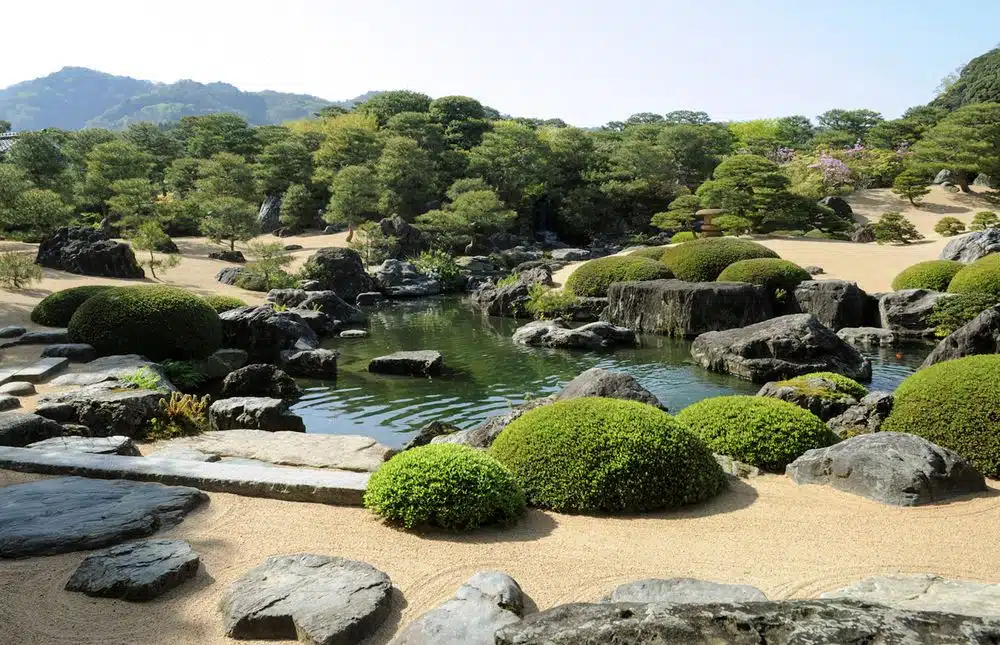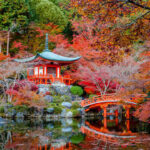Japanese gardens are renowned for their serene beauty, harmonious design, and meticulous attention to detail. These gardens are a true reflection of the deep-rooted Japanese culture, showcasing the country’s unique aesthetic sense and reverence for nature.
One of the key features of a Japanese garden is the use of symbolism. Each element, from the carefully placed rocks and stones to the serene ponds and flowing water features, is chosen for its symbolic meaning. For example, rocks may represent mountains or islands, while water is often seen as a source of life and renewal. This attention to symbolism adds layers of meaning to the garden, making it a truly immersive and contemplative experience for visitors.
Another defining characteristic of Japanese gardens is their emphasis on simplicity and minimalism. The gardens are designed to create a sense of tranquility and peace, with an emphasis on clean lines, balanced compositions, and uncluttered spaces. This minimalist approach allows visitors to focus on the natural beauty of the surroundings and find a sense of calm amidst the busyness of everyday life.
Japanese gardens also incorporate elements of Zen philosophy, such as the concept of wabi-sabi, which celebrates imperfection, impermanence, and the beauty of aging. This philosophy is reflected in the use of weathered stones, moss-covered paths, and carefully pruned trees, which add a sense of timelessness and authenticity to the gardens. The overall effect is one of harmony and balance, inviting visitors to slow down, appreciate the present moment, and connect with the natural world.
In addition to their aesthetic beauty, Japanese gardens are also designed to evoke specific emotions and moods. Many gardens are carefully arranged to create a sense of journey or exploration, with winding paths, hidden corners, and carefully framed views that encourage visitors to slow down and savor the experience. This intentional design helps to transport visitors to a different world, where they can escape the stresses of modern life and find a moment of peace and reflection.
Overall, Japanese gardens are a testament to the enduring appeal of traditional Japanese aesthetics and philosophy. By blending natural elements, symbolism, and design principles, these gardens create an enchanting retreat that is both visually stunning and spiritually nourishing. Whether you are looking for a place to meditate, unwind, or simply appreciate the beauty of nature, a Japanese garden offers a timeless and transformative experience for all who visit.
 yishifashion Where Outdoor Dreams Become Reality
yishifashion Where Outdoor Dreams Become Reality
